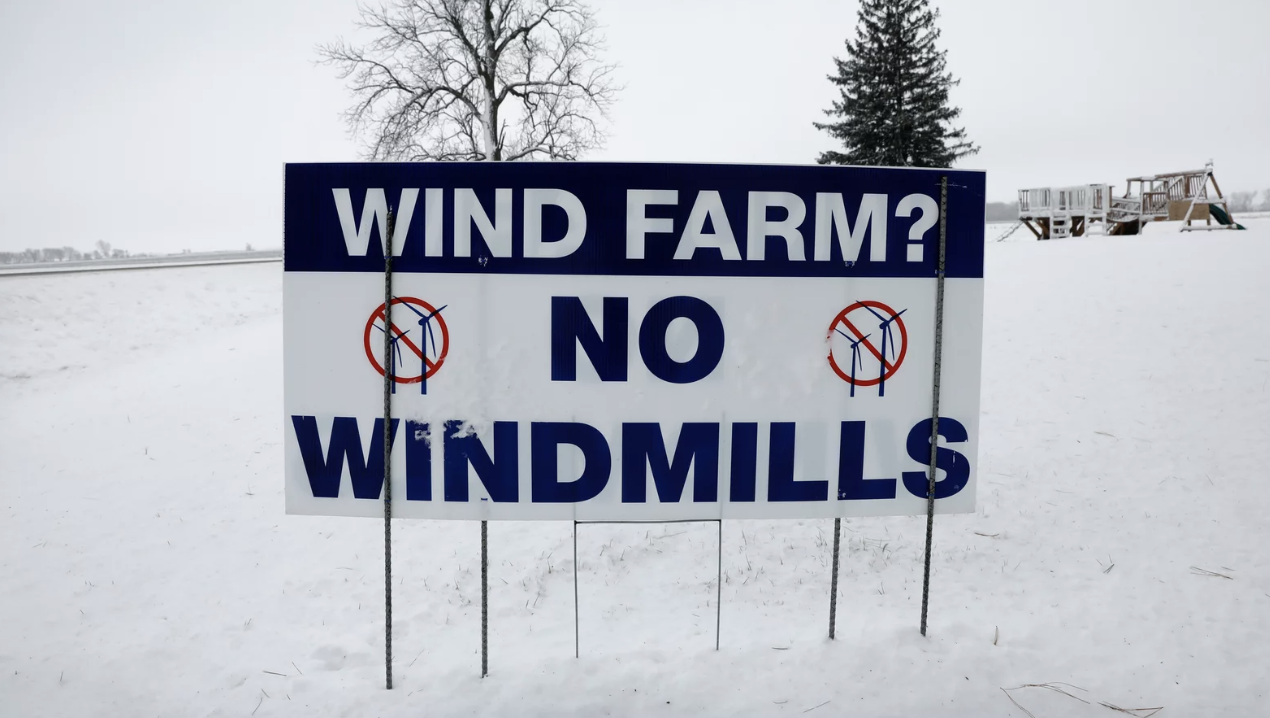
I’m an elected City Council member in a very small town in Texas, and when I’m speaking to people in my community about renewable projects I hear the usual tropes and arguments, and see the misinformation tactics laid out in this NPR report, and in the incredible analysis done by journalist Michael Thomas back in 2022. I can hear the influence that well orchestrated memes and baseless claims have on the opinions in my community. It’s a common experience, and growing in sophistication. Climate Monitor recently did a great case study about how wind energy misinformation is being spread on social media. The found, that while there is a national push against wind energy, local efforts are taking root:
-
“…a lot of the push to spread online misinformation and anger is focused at the local and regional level (mostly on the East Coast, although there is a growing audience on the West Coast as well).”
-
In New Jersey anti-wind, local astroturf efforts like “Protect Our Coast NJ actually runs a Facebook group to spur grassroots opposition to offshore wind - and it has over 27,000 members.”
- And in Maine, groups like New England Fisherman Stewardship Association, who is staunchly anti-wind have amassed over 6,000+ followers on Facebook and routinely post anti-wind turbine graphics.
Their findings are instructive, and it is clear that advocates should be taking stock of which local opposition astroturf groups are growing within platforms like Facebook and X.
Here at the Lab, we’re thinking about what it looks like for advocacy groups to dive deep in communities around the country to foster a YIMBY attitude rooted in equity and climate justice. In my experience talking to my constituents, it doesn’t take much to get them on board if they haven’t been exposed to misinformation, and only a little more effort if they have.
We’re curious to hear how groups like yours are taking a proactive approach to inoculate against rapidly expanding misinformation practices and funding. What’s working, and what isn’t? What can you share with the rest of the Lab community about how you approach misinformation? Hop on over to our member slack channel, and join the conversation.